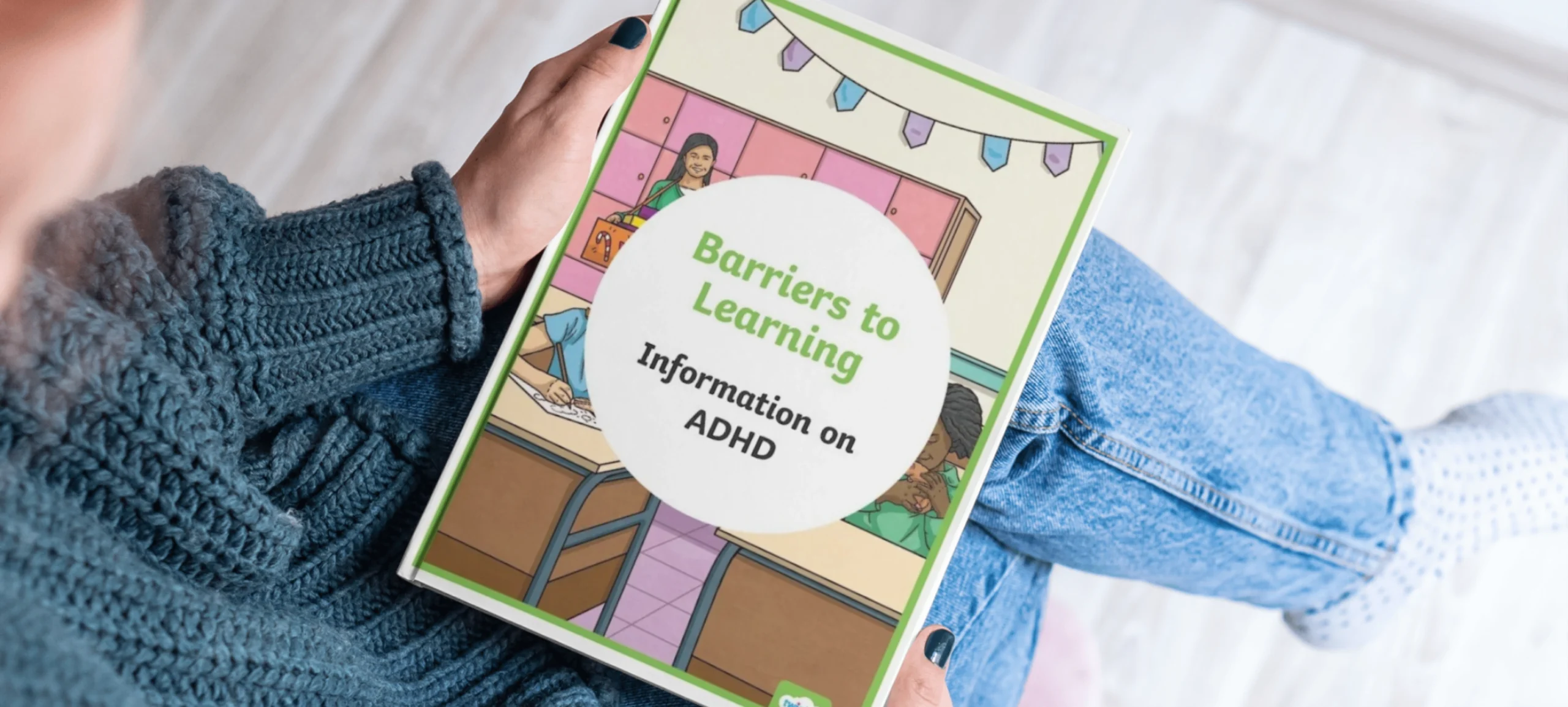Start early, make a schedule, get enough exercise (and sleep!) and review past papers. These are all great tips to prepare your child for writing exams. But sadly these are most of the time only applicable in theory. As a mother of two sport-crazy boys, I’ve learnt that preparing your children for exams and assessments require far more. Because writing exams are by default stressful, I’ve decided to share a few techniques and great apps to help you and your kids study smarter and to take the stress out of writing exams.
Many studies have proven that, especially for younger children, formal assessments are stressful and the results are not necessarily a fair reflection of the child’s understanding of the work. While starting early and drafting exam schedules sound like great techniques, in reality it can become quite tricky to implement with young, not-so-eager-to-study kids who would rather play xBox, sport or even clean their rooms than actually sit and study.
So let’s make it more practical: How should a child actually study? If this is your child’s first exam, he or she will need guidance, but sometimes an older child, who has written many exams, may benefit from a new approach.
These are some ideas to make studying easier for you and your child. Encourage your children to use as many of their senses as possible when studying to ensure maximum retention:
Read through all the pages allocated for that day’s studying – preferably out loud. If you child is an auditory learner, let him or her record themselves while reading the text. This exercise of reading with meaning is crucial as it helps to give a bigger picture of the topic that has to be studied.
Not all children study with notes, but it is definitely advisable to encourage your child to make notes in some form or another. Some children make lists, some make mind maps, some may write down only key words. Children making notes for the first time will need help as they tend to write down everything at first. Something that I found worked very well is helping your first-time-note-maker by writing simple questions which they then must answer by searching for answers in the text. These questions and answers can then be used as notes to study from. Just beware of the ‘perfect-notes’ trap. Do not spend so much time making perfect notes that there is no time left to actually study the notes!
Allow your child enough time to memorise and understand the notes just made. It should take an average Grade 4 child about 30-45 minutes to memorise one page of notes (which should represent about 3 to 4 pages in their books). Break this into two 20/25 min sessions with a 10 min break in between.
Test retention immediately, if possible. Up to Grade 7 your child will definitely benefit if you are available to take a few minutes after a day of studying to check if they have retained the information studied. This will give you an indication if the study time was spent productively or not, and also if the study load (as set out in the schedule) is too little or too much for your child.
The day before the exam, study only from the notes or listen to the recordings of your notes. Then do a past paper or mock exam paper to highlight any areas that still need attention.
Super study schedules
A schedule is an important part of exam preparation as it gives you a complete overview of exactly what needs to be done and how much time you have left. A schedule also give you a sense of accomplishments when you are able to draw a line through a day and know that you have achieved your goal.
Your help will be needed with compiling the schedule, maybe even for your older child. Planning is an advanced skill that some children only learn a lot later in life.
A few tips and ideas on schedules:
- Start by studying the subjects first that you write last in the exam. Effectively this means that at least your child would have gone over the work he or she writes at the end of the exam, when they would not be that eager to study anymore.
- Schedule time to makes notes and to study the notes. It is advisable to only make the notes for the topic or pages allocated for that day and then to study those notes.
- If possible, break each subject into topics and study a topic in a session. This will give a more coherent picture and understanding of the work.
- Do not over-estimate your child’s ability to study a lot of work in a short period. Rather allow for more time and more breaks than you think are necessary. Remember that normal school activities like sport and cultural activities will continue and should be factored into the schedule.
- The schedule should be updated and amended when necessary.
- The schedule should end two days before the exams start. The day before, only the subject/s written the next day should be revised.
Download these brilliant apps to help you set up a schedule:
My Study Life
This app provides a complete schedule and calendar solution and has a separate section where exams can be scheduled. It is relatively easy to use and reminders can be activated or de-activated for classes, exams or tasks.
30/30
30/30 allows you to set timers to complete specific tasks. The interface is sharp and innovative, allowing users to control the app easily with swipes and gestures. 30/30 Can also give you a better understanding of how long it really takes to do certain things. This is less of an exam planner and more of a timer that ensures you do not spend more time than planned on a specific task.
myHomework
myHomework is simple, reliable and works even without an Internet connection. Like the other apps, you can set tasks and homework as well as a calendar with notifications, if required. Teachers can also use this app to assign homework. The calendar option can be used to schedule tasks for exam preparation.
StudyChamp
To make your child’s exams easier, StudyChamp provides exam workbooks and mock exam papers to test not only your child’s retention of knowledge, but also their ability to apply this knowledge. Go to www.studychamp.co.za to view all the mid-year exam materials available.
Help your child to be Champion Student!
- Are homework and assessments all bad? - May 23, 2019
- Tutors – Trend or Necessity? - May 15, 2019
- Never do tomorrow what you can do today… - May 7, 2019






1 thought on “Helping your child prepare for exams”
Great post and helpfull tips ,thank you